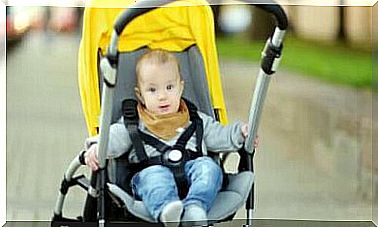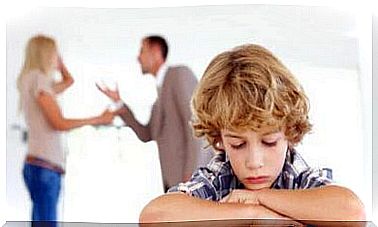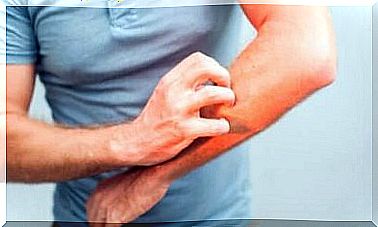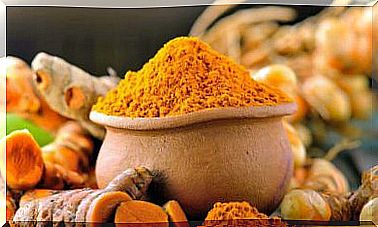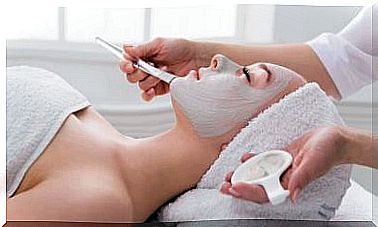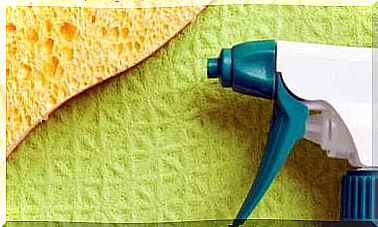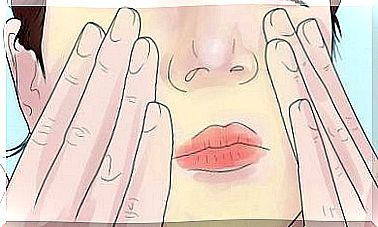When You Accept Your Faults, No One Can Use Them Against You
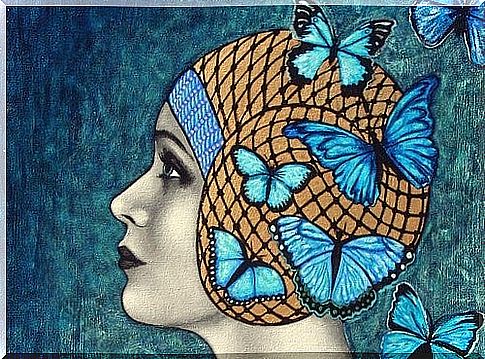
Nobody is free from defects and does not walk around the world surrounded by a dome of absolute perfection.
Being able to see one’s faults and accepting them will help us not only to respect others, but also to prevent them from using them against us.
Many of us spend a good part of our lives trying to hide or make up for some or other “imperfection”.
These are details that we ourselves qualify as “uncomfortable defects”, those capable of destroying our self-esteem when, in reality, they are nothing more than aspects that define our totality as a person and that we should accept as soon as possible.
The real defects of the human being are not a few extra pounds, or a crooked nose, or breasts that are too small or too large, or that a man is bald.
The real defects are incomprehension, lack of respect, criticism, selfishness or aggressiveness. This is the kind of thing we should all be fighting against.
We invite you to reflect on this.
Your faults, my faults: our virtues
It is often said that we are a society of rational scholars but emotionally illiterate.
It may sound like something dramatic, there is no doubt about it, but in reality, something we notice in our daily lives is that there is a lack of aspects such as empathy, reciprocity or recognition of the other as someone who also has needs and fears.
In schools, the discipline of emotional intelligence has not yet been effectively introduced.
Instead of seeing this approach as a multidimensional aspect capable of structuring all subjects and where teachers should be the best models, we continue teaching in isolation and a few times a week (or even, in some places, it is not even taught ).
All of this makes us continue to give the world insecure children with low self-esteem, teenagers who see faults in themselves to the point of turning themselves into authentic black holes that others use against them.
It is something complex and delicate that we must know how to face.
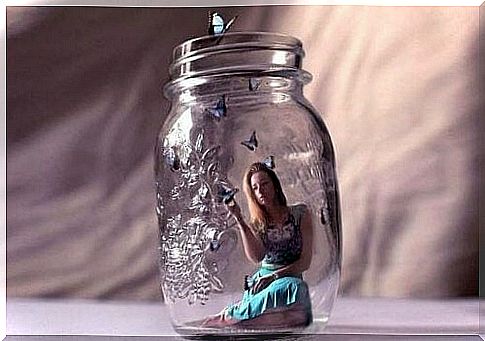
The anatomy of self-esteem
When we have low self-esteem, we expect others, with their words and actions, to offer us what we lack: confidence and security. May they treat us to gifts and tell us that we are not as “ugly” as we think, tell us that we are “better people” than we think.
- We need to understand that others neither give us nor take anything away from us. The rest of the world is not there to fill our needs or to reassure our fears.
- We should not project our own needs onto others, we need to be able to build our own security and rationalize what we label as defects.
- If I qualify my freckled face as a blemish or my slightly crooked nose as something horrible, people will catch on and at some point will use it against me.
- Now, it is necessary to realize that the real “defect” in these cases is low self-esteem, which is capable of telling us that, for these simple details, we should behave shyly and look down.
The rest of the people will not attack these supposed physical details, they will attack our personal vulnerability. Therefore, it is vital that we strengthen our self-esteem, to transform defects into “virtues”.
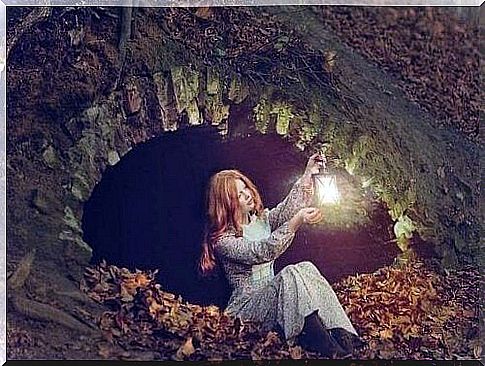
Defects: virtues that make us special
We return to what was pointed out at the beginning: the authentic defect is in the heart capable of attacking, humiliating or causing harm to others.
- The physical aspect, the way of thinking, feeling or living, will never be a defect or something reprehensible as long as there is respect.
- The problem with all this is that we spend much of our existence more concerned with the outside than the inside.
- We validate our physical appearance based on trends, what others value as “beautiful”. If we don’t fit these models, we “self-exclude”. It is not suitable.
- Only when we accept ourselves do we realize how valuable we are.
- The people who are able to see this special detail unlike the rest as a virtue are the ones who live happiest because they consider themselves authentic.
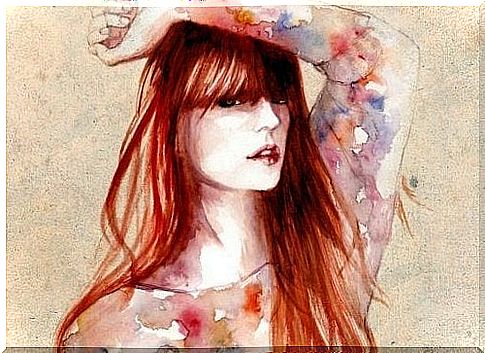
Being too tall, too short, having a mole on your cheek, being born with frizzy, unruly hair, or having small or very large breasts… what does it matter?
The beauty of people is in their variety, in their originality. Wanting everyone to be equal is cutting the wings of our essence and our beauty. Not worth it.
There are no people with defects; there are minds with voids. Focus your life in another way and start to pay more attention to your self-esteem, your way of being, your unique and particular beauty.
